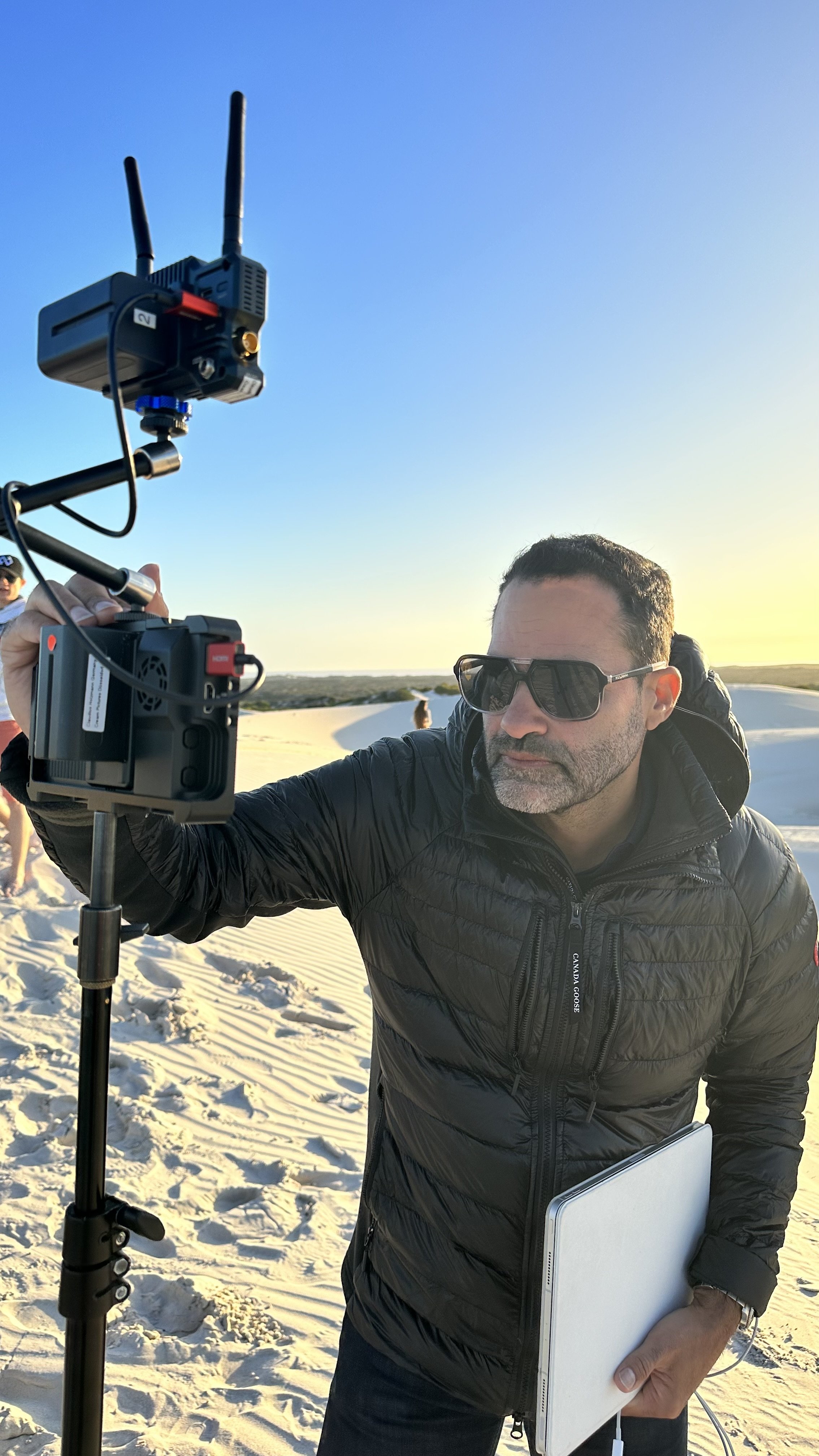Building luxury brands requires emotion and cultural capital: Interview with Daniel Langer, CEO Équité and Pepperdine Professor of Luxury
Daniel Langer, Équité CEO, is photographed supervising the creation of the visual brand story execution for a new luxury brand

